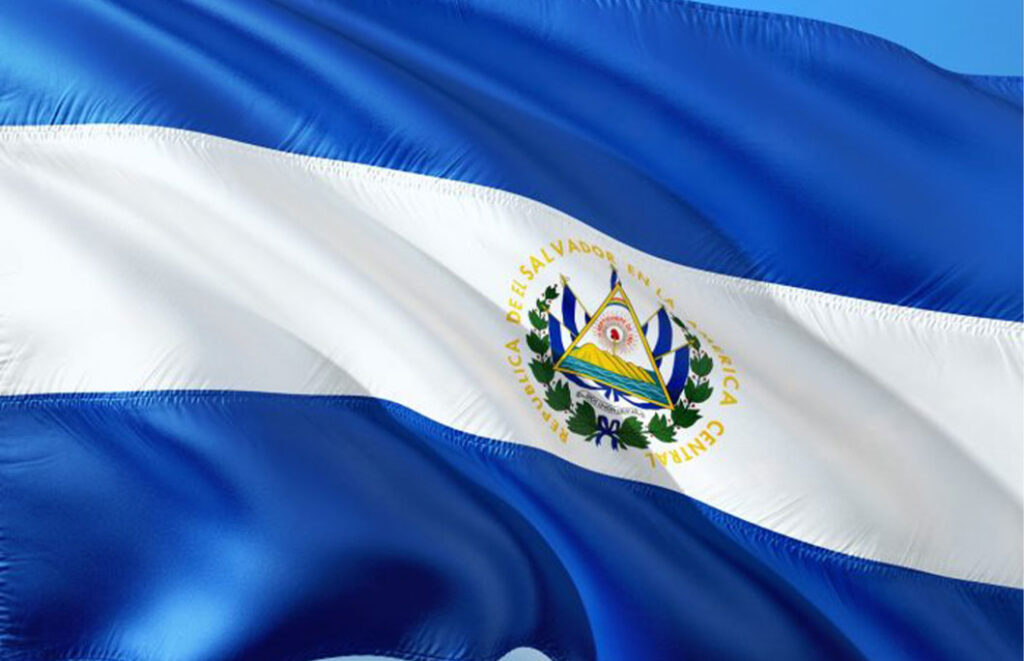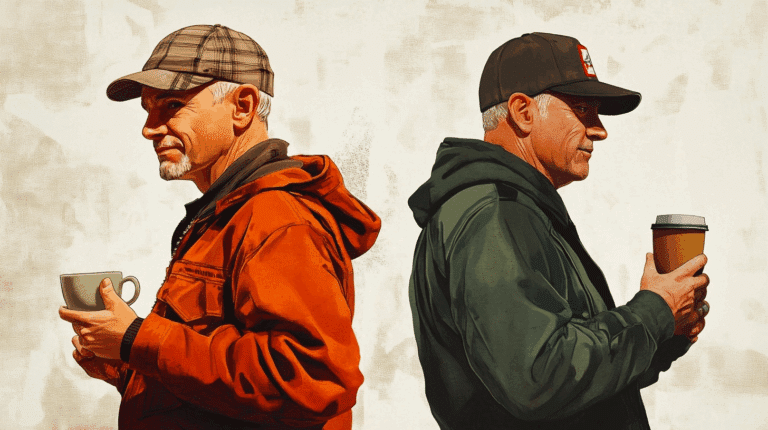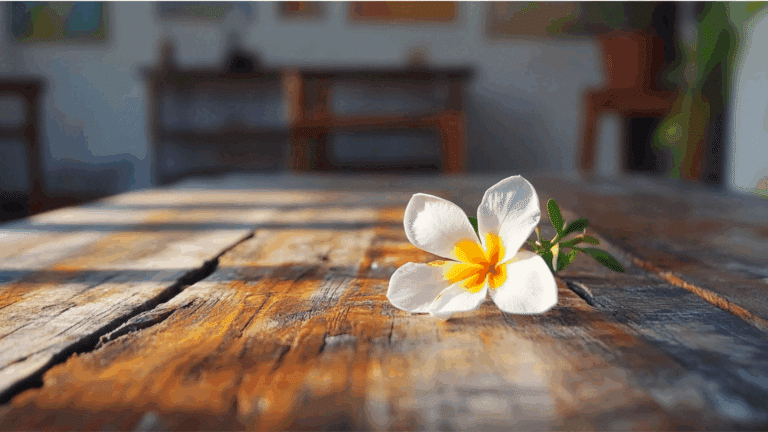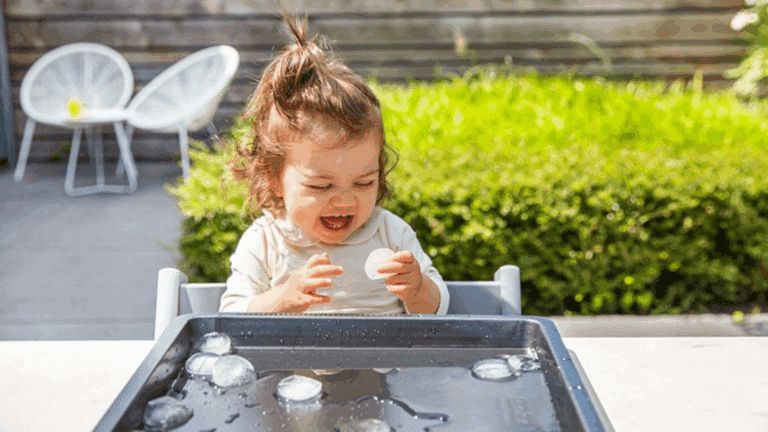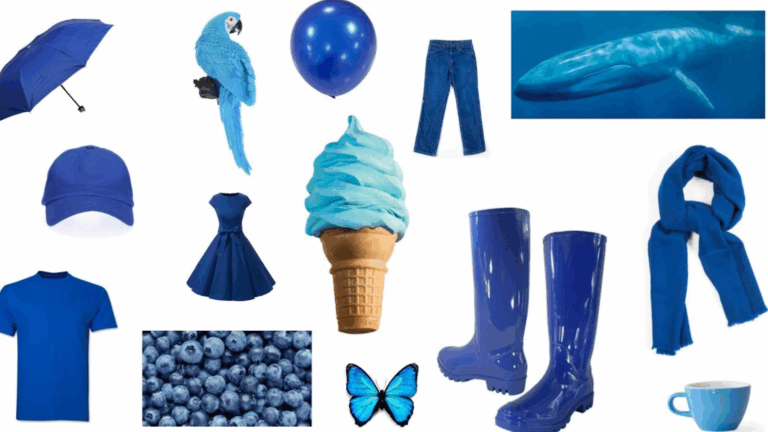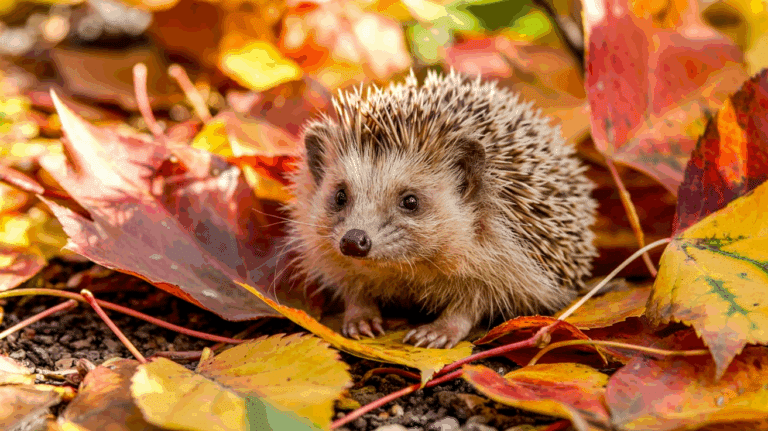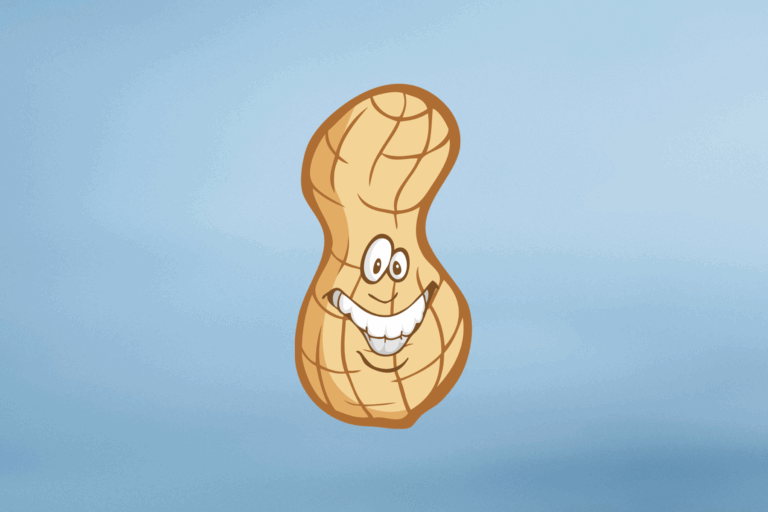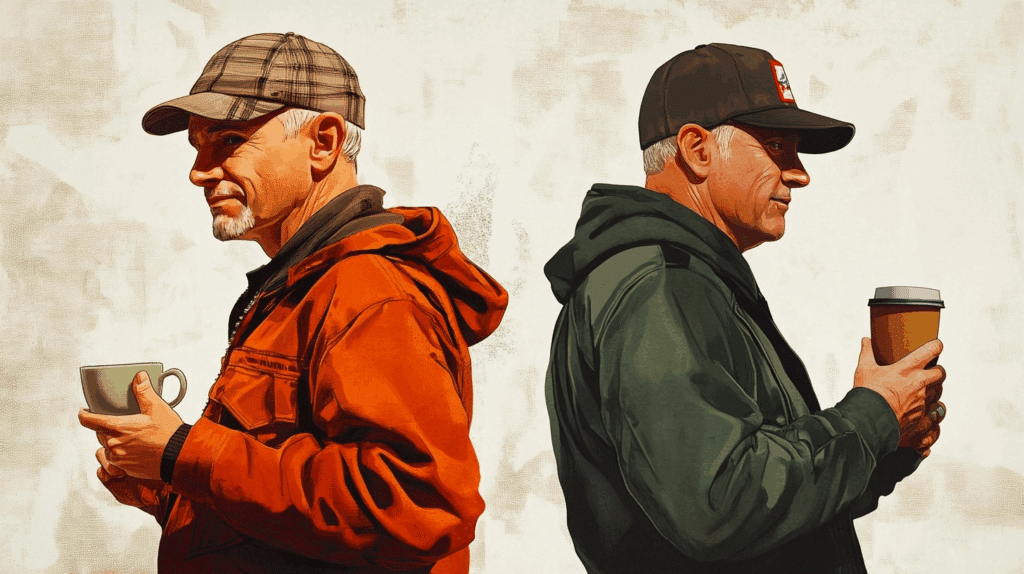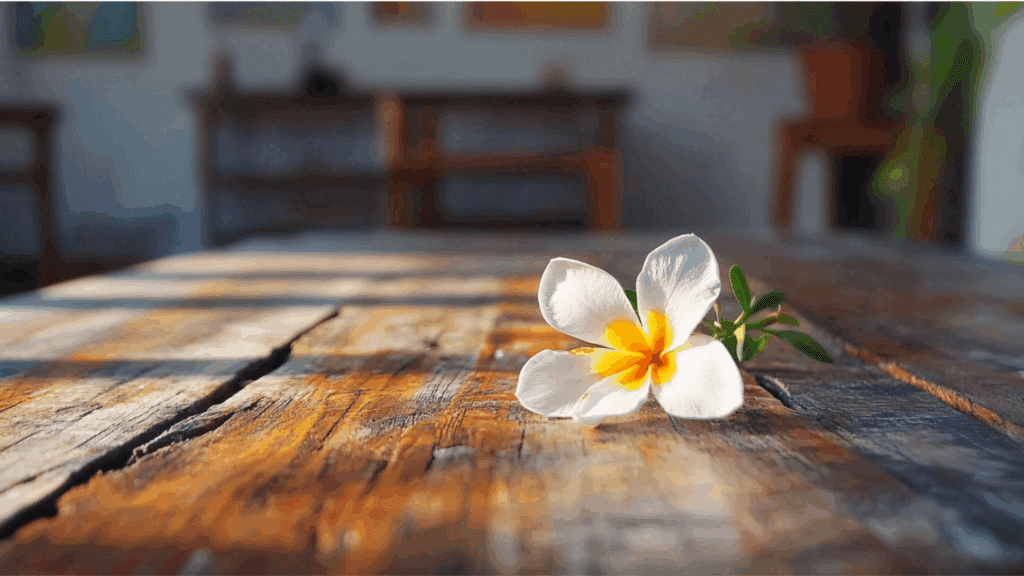Are you tired of the same old travel destinations? El Salvador, a hidden gem in Central America, might be just what you’re looking for. This small country packs a big punch with its rich history, stunning landscapes, and vibrant culture.
I promise you’ll be amazed by the unique and captivating facts about El Salvador that most people don’t know.
In this blog post, I’ll share over 87+ super interesting fun facts about El Salvador that will make you want to book your next trip right away.
Get ready to explore volcanoes, ancient ruins, surfing spots, and so much more as we dive into the fascinating world of El Salvador!
Geography & Nature
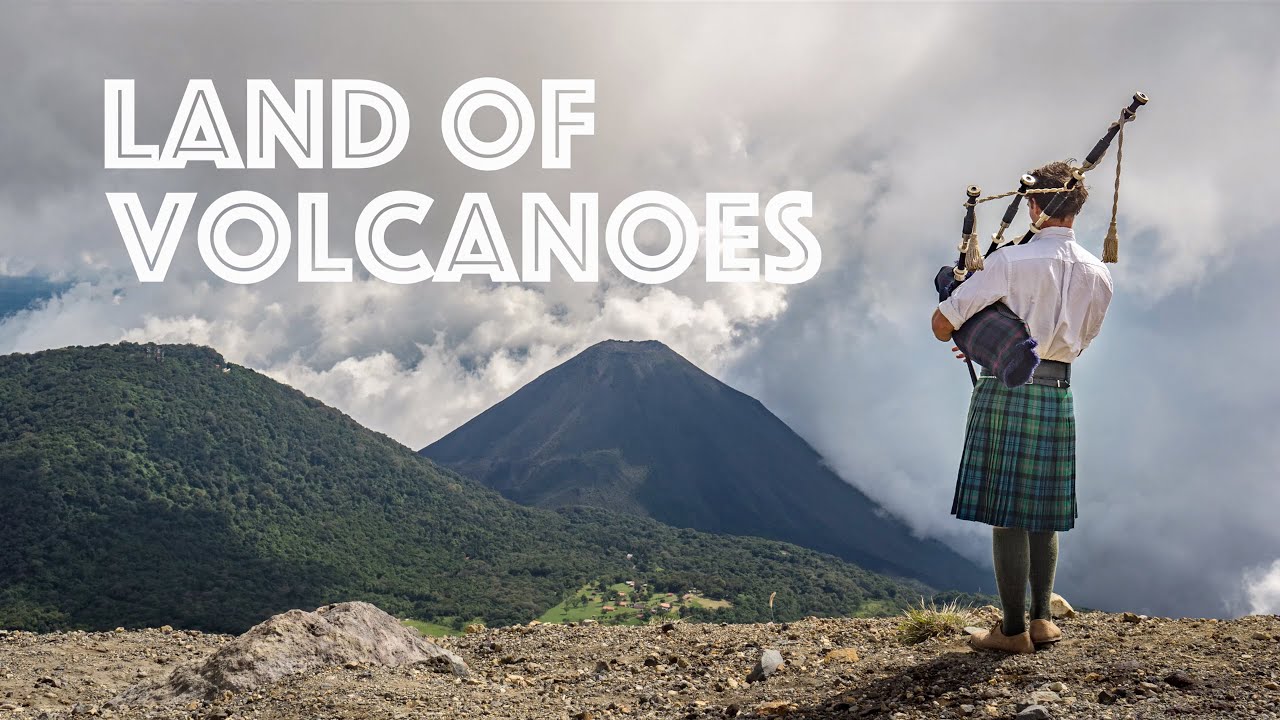
1. El Salvador is the smallest country in Central America, about the size of Massachusetts.
2. It’s the only Central American country without a Caribbean coastline.
3. The country has over 20 volcanoes, with Chaparrastique being one of the most active.
4. El Salvador’s highest point is El Pital, standing at 2,730 meters above sea level.
5. The country is known as the “Land of Volcanoes” due to its high volcanic density.
6. El Salvador’s Coatepeque Caldera is one of the world’s most beautiful crater lakes.
7. The country has over 300 km of Pacific coastline, making it a surfing paradise.
8. El Salvador is home to the only known geothermal fields in Central America.
History & Culture
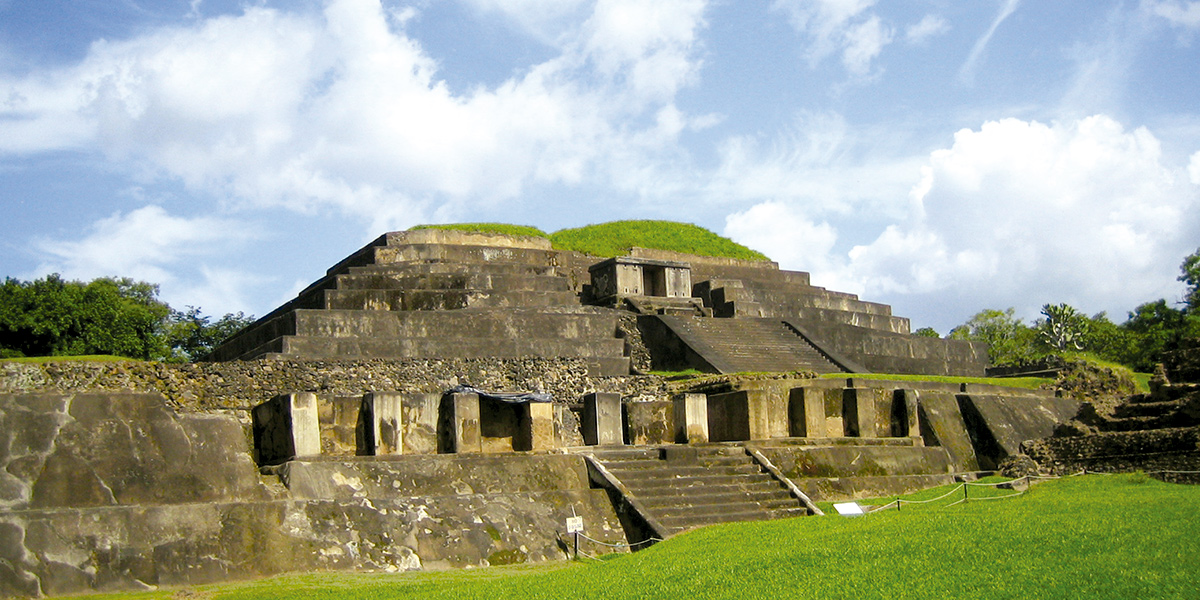
9. El Salvador gained independence from Spain on September 15, 1821.
10. The country was named after Jesus Christ, “The Savior” in Spanish.
11. El Salvador was the first country in the world to ban metal mining in 2017.
12. The ancient Mayan city of Tazumal in El Salvador dates back to 5000 BC.
13. El Salvador had a civil war from 1980 to 1992, ending with peace accords.
14. The country adopted the US dollar as its official currency in 2001.
15. El Salvador’s flag was inspired by the flag of the Federal Republic of Central America.
16. The country has the highest population density in Central America.
Economy & Industry
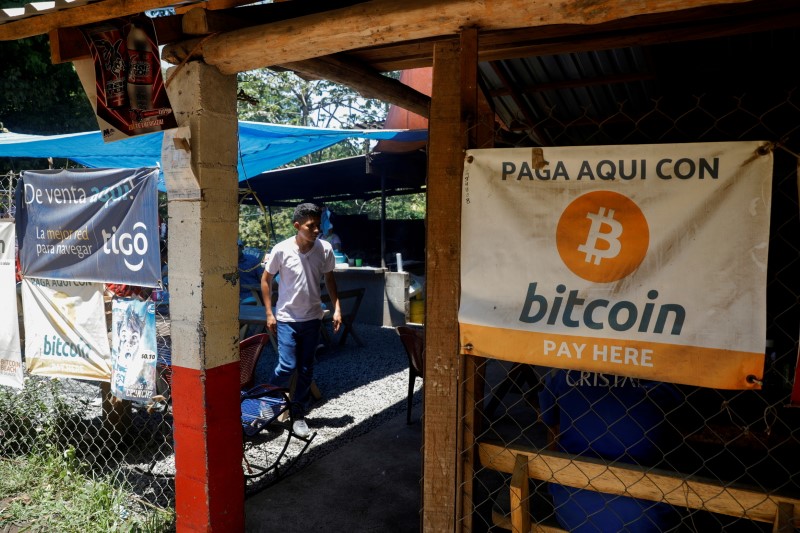
17. Coffee exports once accounted for 90% of El Salvador’s export earnings.
18. Remittances from Salvadorans working abroad make up about 20% of the GDP.
19. El Salvador became the first country to adopt Bitcoin as legal tender in 2021.
20. The country’s main exports include textiles, electronics, and sugar.
21. El Salvador is Central America’s largest producer of geothermal energy.
22. The service sector accounts for about 60% of El Salvador’s GDP.
23. The country has a growing call center industry due to its bilingual workforce.
24. El Salvador’s economy is the third largest in Central America.
Festivals & Celebrations
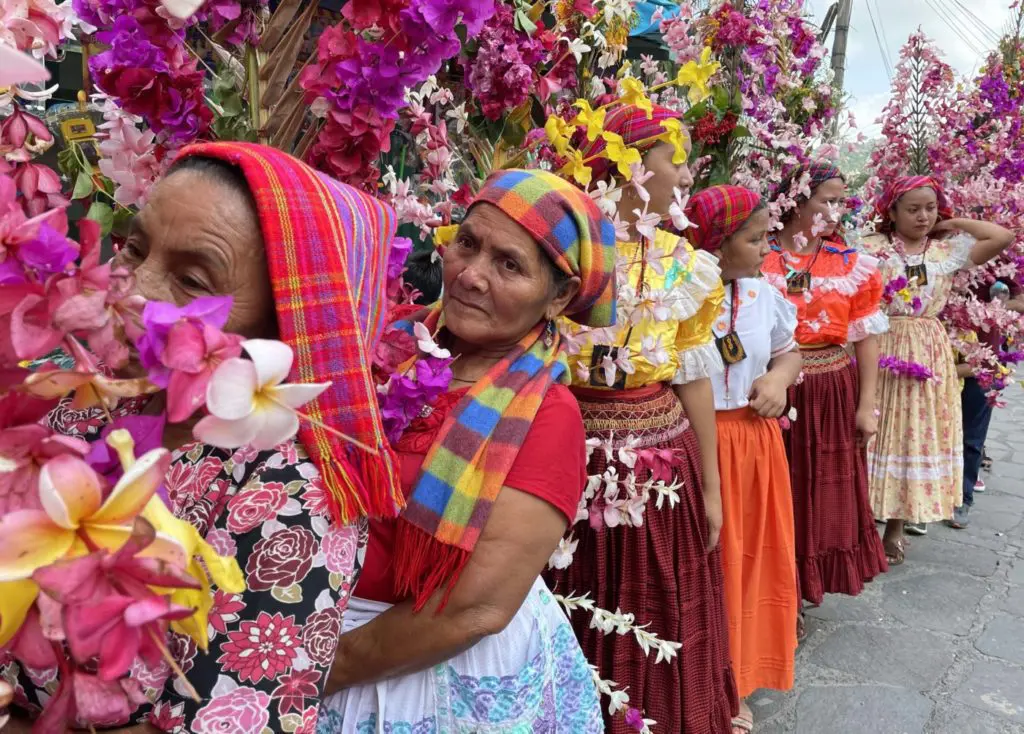
25. The Flowers and Palms Festival in Panchimalco showcases indigenous artwork.
26. El Salvador’s independence is celebrated with a month-long festival in September.
27. The Fiestas Agostinas in August honor the country’s patron, the Divine Savior of the World.
28. During Holy Week, the streets of Sonsonate are covered with colorful sawdust carpets.
29. The Ball of Fire festival in Nejapa involves throwing fireballs at each other.
30. El Salvador celebrates National Pupusa Day on the second Sunday of November.
31. The Feria de las Flores y Las Palmas features parades with floral-decorated ox carts.
32. The Calabiuza festival in Tonacatepeque celebrates the Day of the Dead with costumes and sweets.
El Salvador’s Cuisine
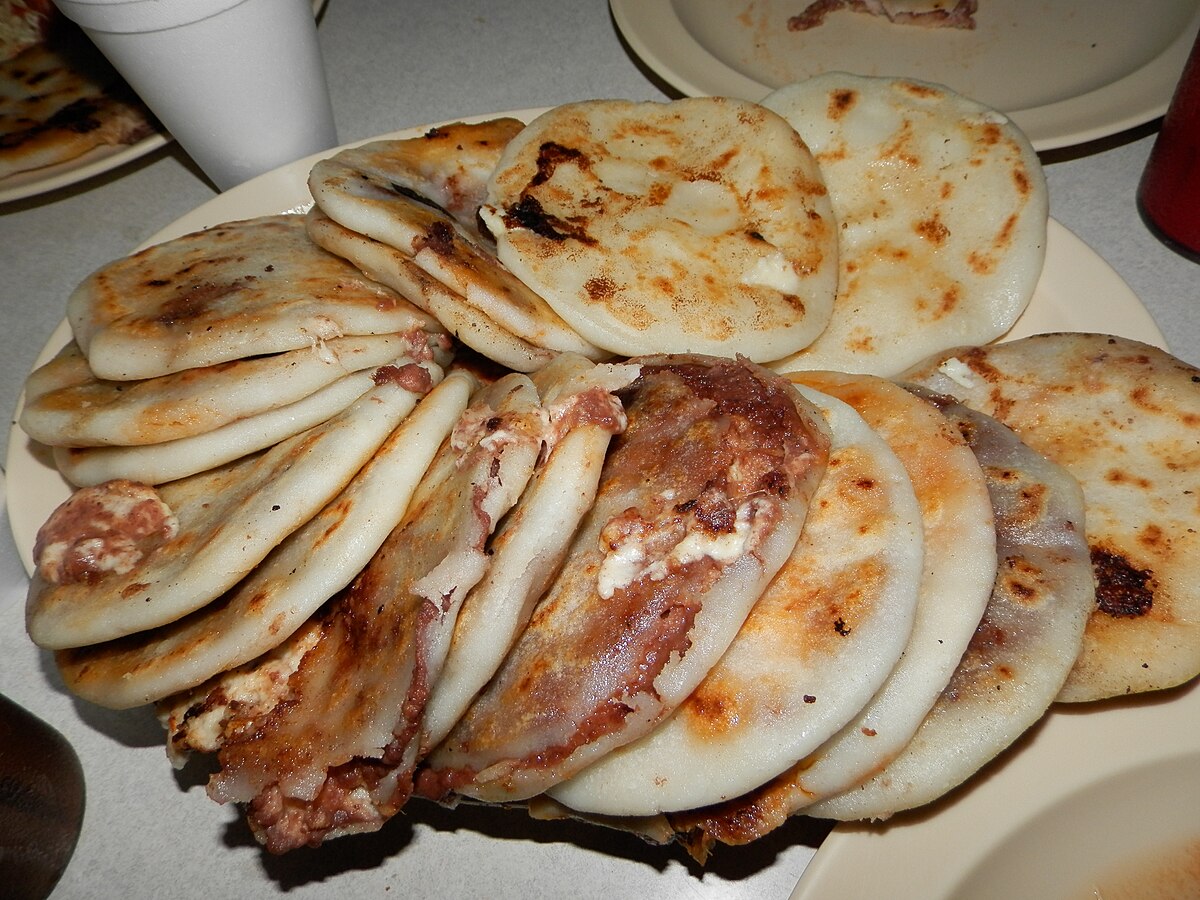
33. Pupusas, stuffed corn tortillas, are El Salvador’s national dish.
34. Horchata, a sweet rice drink, is a popular Salvadoran beverage.
35. Yuca frita, fried cassava root, is a common side dish in Salvadoran meals.
36. Quesadilla Salvadoreña is a sweet cheese pound cake, not a Mexican-style quesadilla.
37. Salvadoran tamales are wrapped in banana leaves instead of corn husks.
38. Minutas, a type of shaved ice dessert, are popular street food in El Salvador.
39. Salvadoran cuisine often uses loroco, an edible flower with a unique flavor.
40. Pan con pavo, a turkey sandwich, is a traditional Christmas dish in El Salvador.
Famous Landmarks
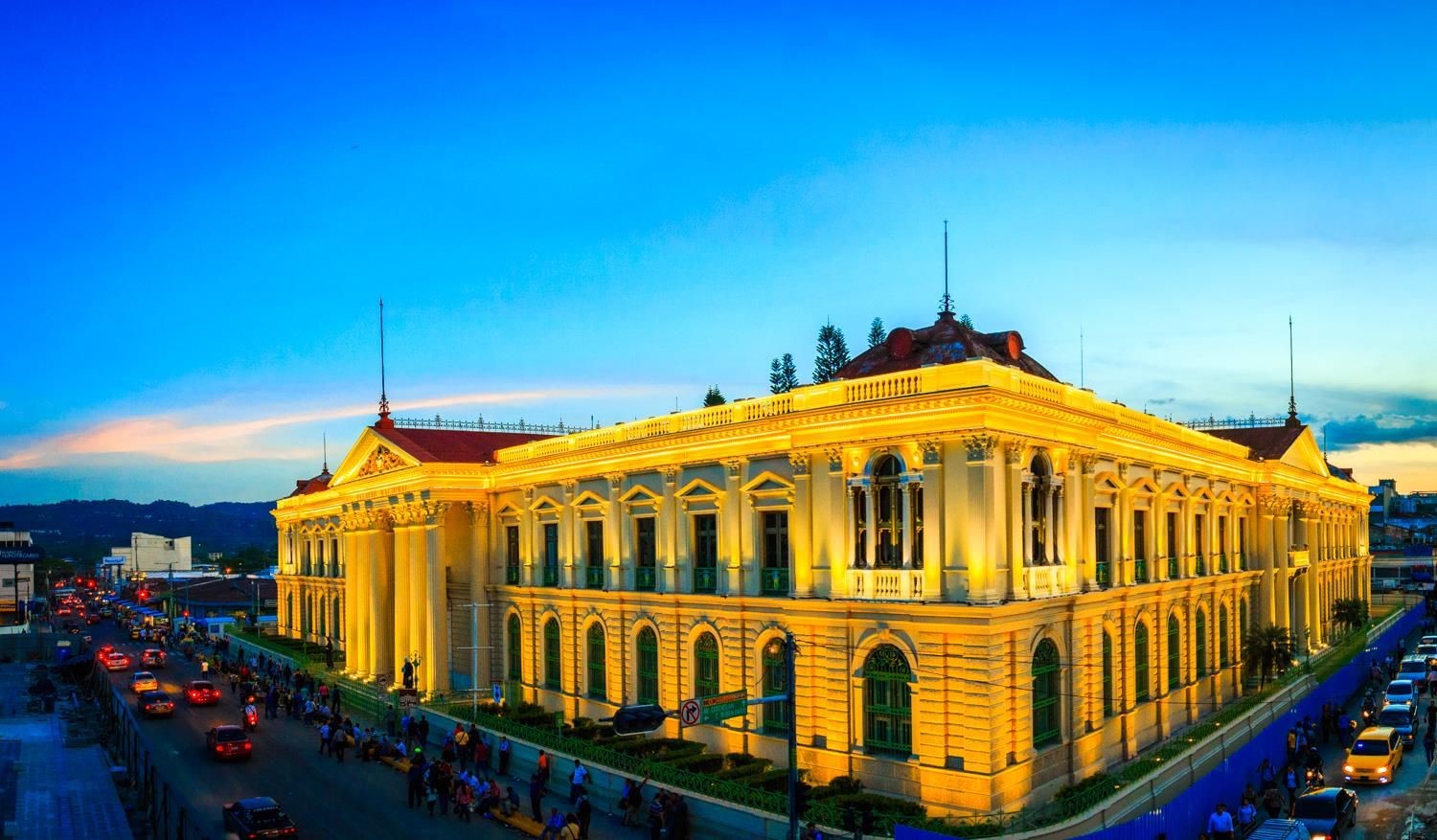
41. The National Palace in San Salvador has 101 rooms, each with a unique design.
42. El Rosario Church in San Salvador features a rainbow-like arch of stained glass.
43. The Joya de Cerén archaeological site is known as the “Pompeii of the Americas.”
44. The San Andrés archaeological site was once a major Maya trading center.
45. El Imposible National Park is home to El Salvador’s most difficult hiking trails.
46. The Santa Ana Volcano offers hikers views of its striking turquoise crater lake.
47. The El Boquerón National Park surrounds the crater of the San Salvador Volcano.
48. The Montecristo National Park is part of a tri-national biosphere reserve.
Biodiversity
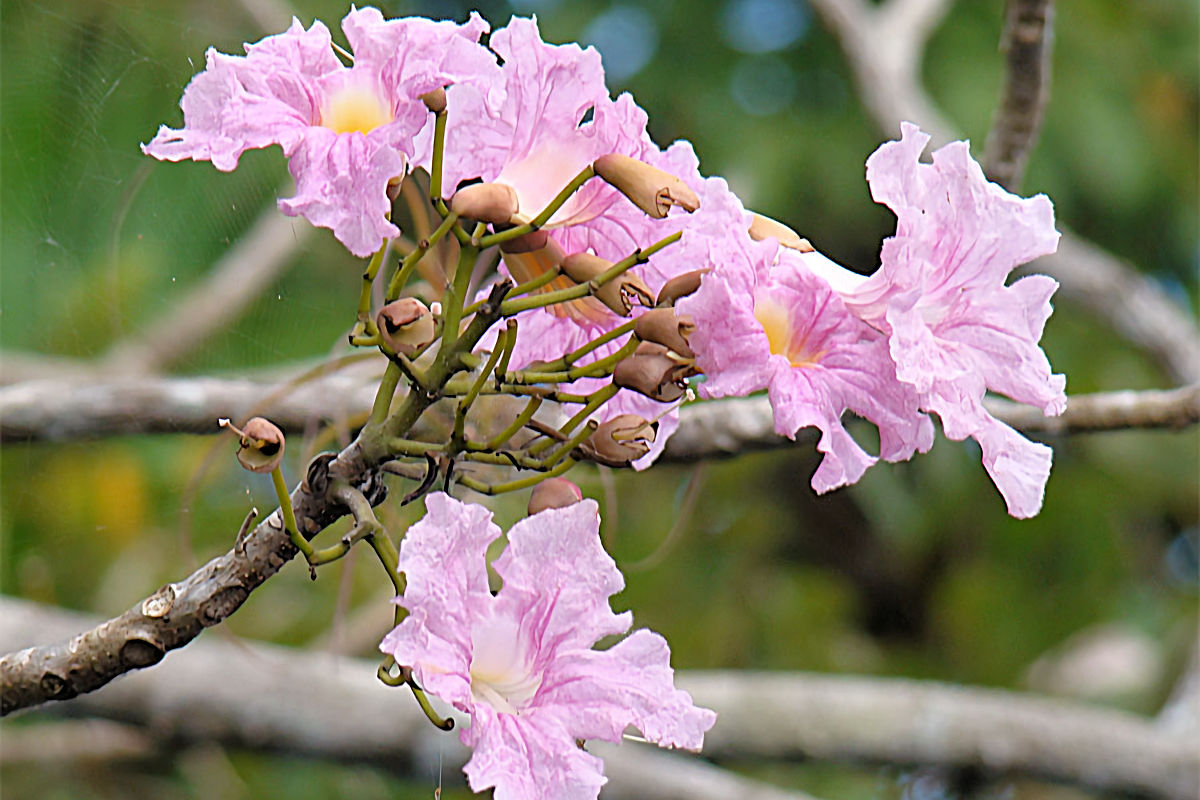
49. El Salvador is home to the critically endangered golden-naped woodpecker.
50. The country’s national bird is the Torogoz, known for its long tail feathers.
51. El Salvador has four species of sea turtles nesting on its beaches.
52. The country is home to over 800 species of butterflies.
53. El Salvador’s national tree is the Maquilishuat, known for its pink flowers.
54. The country has over 400 species of orchids, many of which are endemic.
55. El Salvador’s national mammal is the white-tailed deer.
56. The country is part of the Mesoamerican Biological Corridor conservation project.
Sports & Popular Activities
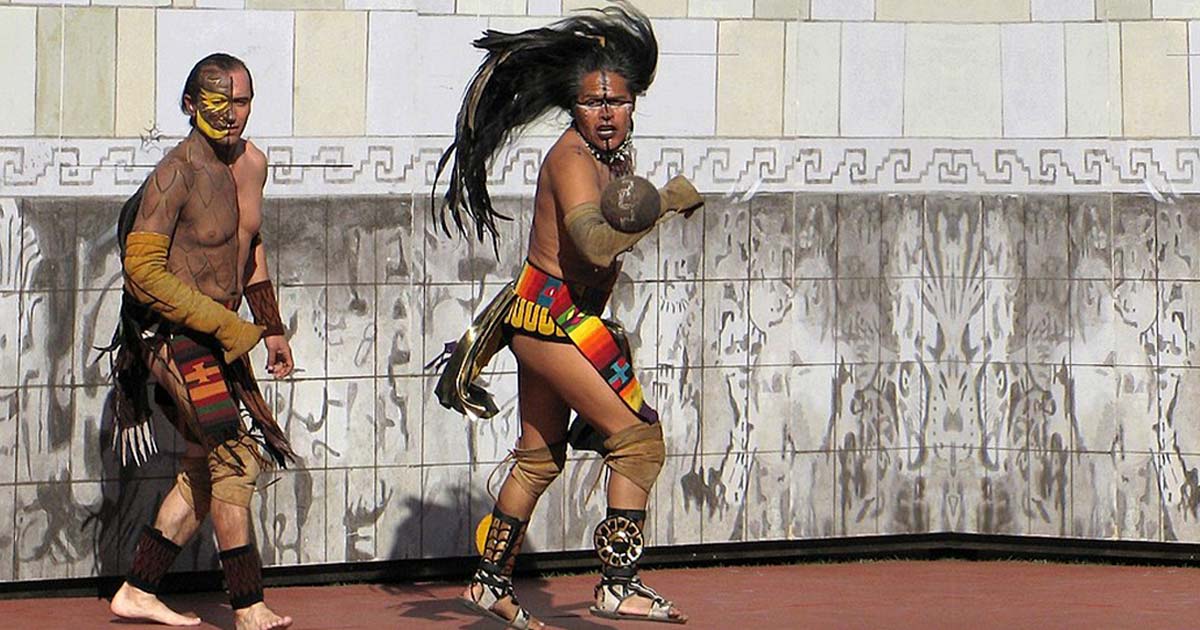
57. Surfing is a major sport, with El Salvador hosting international competitions.
58. Soccer is the most popular sport, with the national team known as “La Selecta.”
59. El Salvador hosted the 2023 ISA World Surfing Games.
60. The country has a growing interest in mountain biking due to its varied terrain.
61. Jorge “Mágico” González is considered El Salvador’s greatest soccer player.
62. Colima Volcano is a popular spot for paragliding enthusiasts.
63. El Salvador has won one Olympic medal, a bronze in weightlifting in 1968.
64. The country has a traditional indigenous game called “Juego de la Pelota Maya.”
Language & Religion
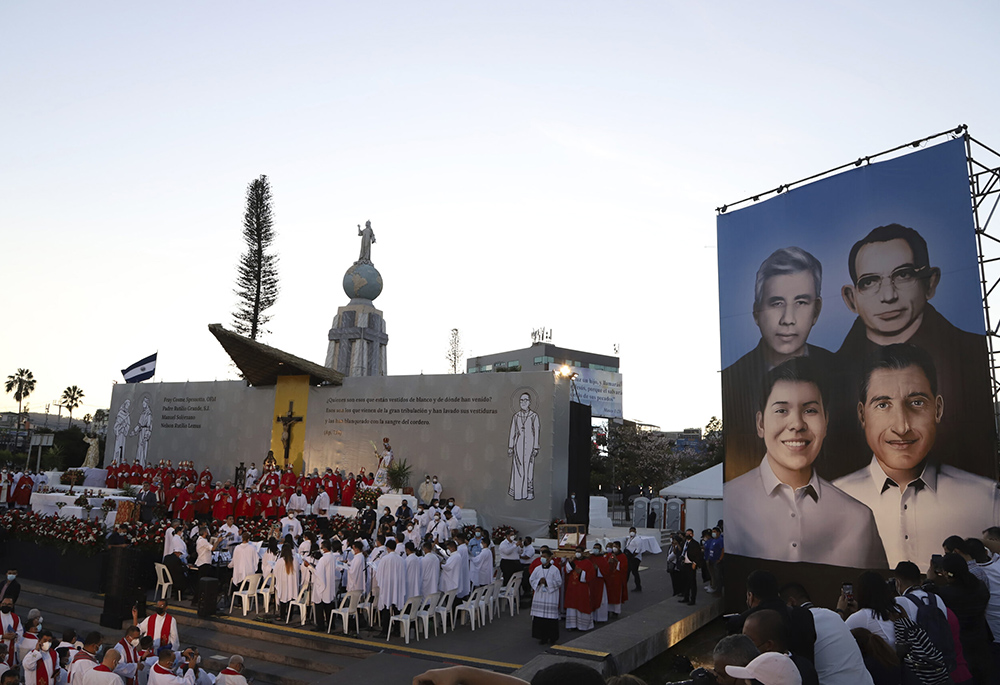
65. While Spanish is the official language, Nahuat is still spoken in some areas.
66. About 50% of Salvadorans are Roman Catholic, a decrease from previous years.
67. The country has seen a significant rise in evangelical Protestantism.
68. Many Salvadoran expressions come from the extinct Pipil language.
69. El Salvador is the only Central American country without an official indigenous language.
70. The country’s full name is “República de El Salvador” (Republic of The Savior).
71. Salvadoran Spanish has unique slang terms like “cerote” (dude) and “pupusa” (cool).
72. Religious processions during Holy Week attract thousands of participants.
Famous People from El Salvador
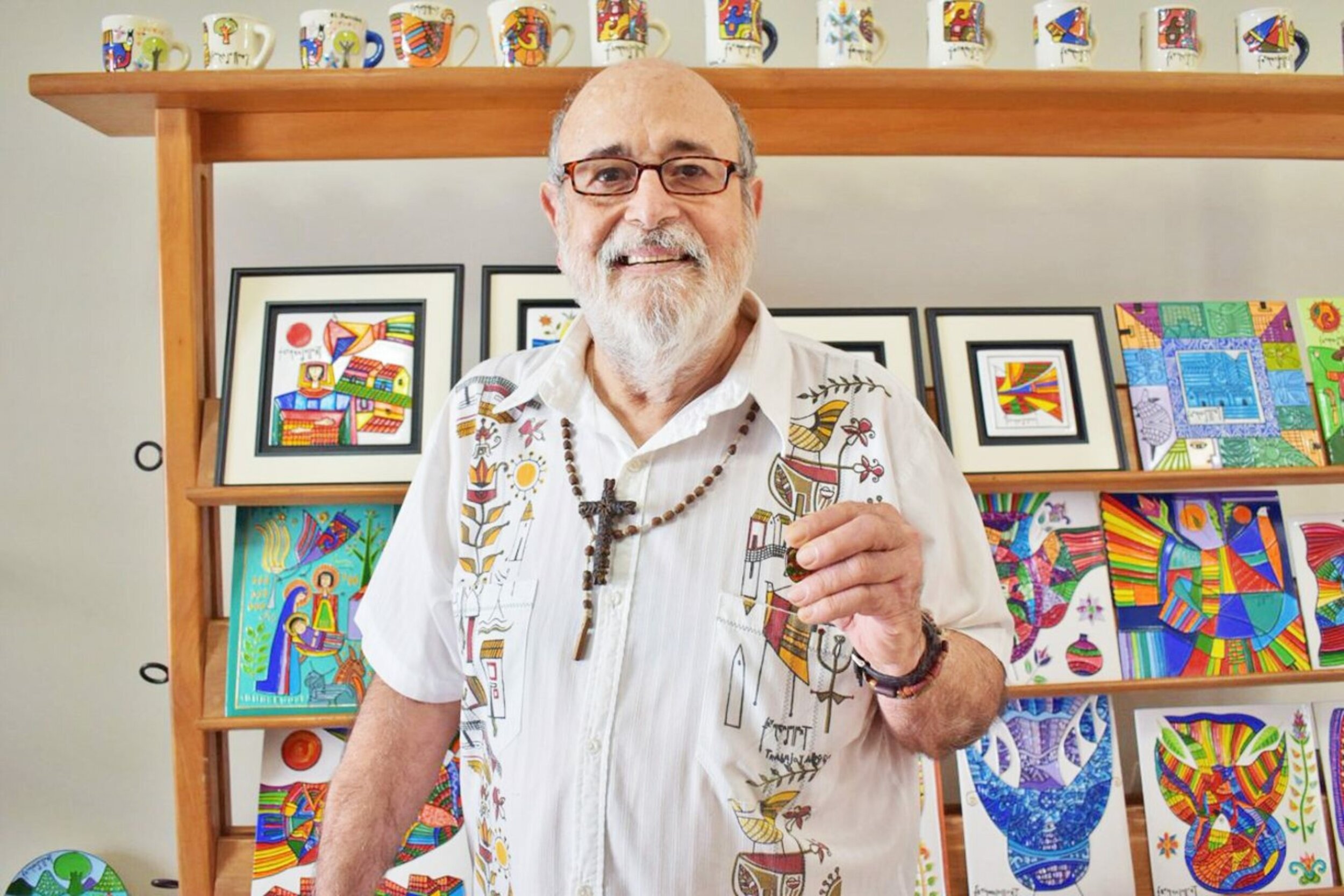
73. Poet Alfredo Espino is known as “the poet of El Salvador.”
74. Francisco Flores Pérez was the first Salvadoran president born after independence.
75. Artist Fernando Llort created the distinctive Salvadoran folk art style.
76. Nayib Bukele became the world’s youngest president in 2019 at age 37.
77. Swimmer Mónica Aguirre represented El Salvador in three Olympic Games.
78. Writer Claudia Lars is considered one of the most important poets in El Salvador.
79. Archbishop Óscar Romero, assassinated in 1980, was canonized as a saint in 2018.
80. Salvador Salazar Arrué, known as Salarrué, was a renowned writer and painter.
Education & Literacy
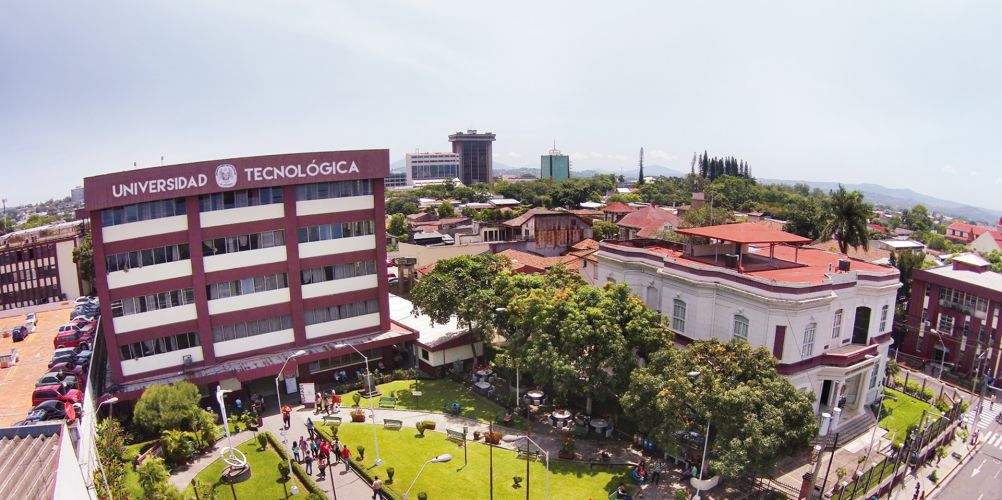
81. El Salvador has a literacy rate of about 88%, one of the highest in Central America.
82. The University of El Salvador, founded in 1841, is the oldest university in the country.
83. Primary education is free and compulsory for children aged 7-15.
84. El Salvador implemented a One Laptop per Child program in some schools.
85. The country has over 5,000 schools, with about 85% being public institutions.
86. El Salvador’s school year runs from January to November.
87. The country has made significant progress in reducing gender disparity in education.
88. Many rural areas still face challenges in accessing quality education.
Interesting Laws & Customs
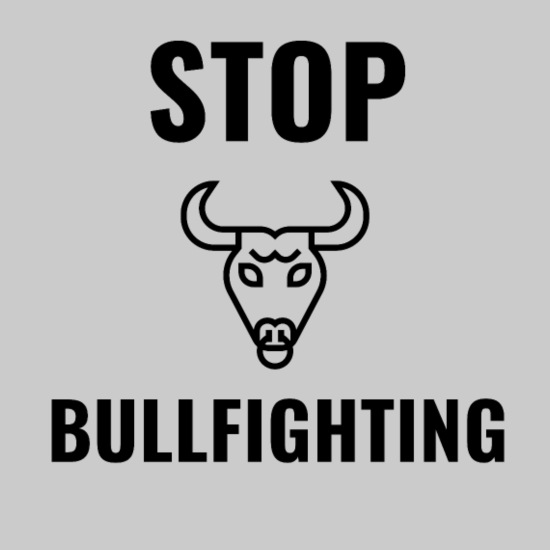
89. It’s illegal to drive under the influence of alcohol or use a cell phone while driving.
90. Bullfighting was banned in El Salvador in 2020.
91. The country has strict anti-gang laws, including penalties for gang-related tattoos.
92. El Salvador recognizes Father’s Day as a national holiday.
93. It’s customary to greet everyone individually when entering or leaving a room.
94. Pointing with your index finger is considered rude; Salvadorans use their lips to point.
95. Salvadorans often use “vos” instead of “tú” for the informal “you.”
96. It’s common for multiple generations of a family to live in the same household.
Conclusion
Wow! We’ve just explored 87+ fascinating facts about El Salvador. From its stunning volcanoes to its rich culture and tasty pupusas, this small country has so much to offer.
I hope these facts have sparked your curiosity about El Salvador. Maybe you’re now dreaming of surfing its beautiful beaches or tasting its unique cuisine. Or perhaps you’re interested in learning more about its history and biodiversity.
Whatever caught your attention, I encourage you to dig deeper. There’s always more to discover about this amazing country. Why not plan a visit and experience El Salvador’s wonders firsthand?
What was your favorite fact about El Salvador? Share in the comments below – I’d love to hear your thoughts!

